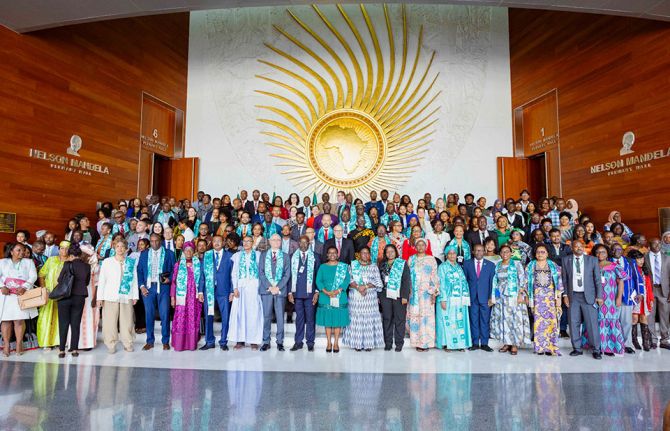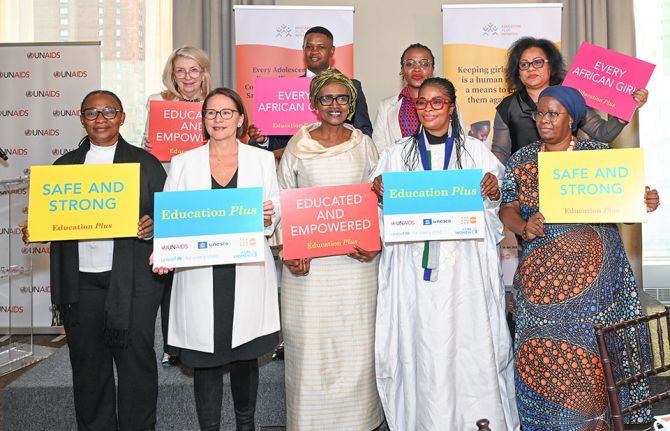
Update
Global Partners Forum: a holistic approach needed to keep children and young people safe from HIV
20 July 2014
20 July 2014 20 July 2014To realize the vision of an AIDS-free generation, the global community must not only ensure the efficacy of HIV-specific interventions but also tackle the broader development and socioeconomic factors that drive the epidemic, such as inequality, social exclusion and exposure to violence. This was the key message of the Global Partners Forum on Children and HIV and AIDS, which took place on the first day of the 20th International AIDS Conference in Melbourne, Australia.
The forum—organized by the United Nations Children’s Fund (UNICEF), with UNAIDS participation—brought together key leaders in government, donor agencies, the United Nations, civil society and research institutions to explore focused approaches for the protection, care and support of children affected by HIV from early childhood through adolescence.
It emerged that a holistic, multisectoral and integrated package of services that unites the health, education, HIV, early child development and welfare sectors is necessary to keep children and young people in the first two decades of their life safe from the virus. Also examined were the specific requirements and concerns of adolescents, who often do not have access to HIV services, particularly girls and key populations at higher risk.
A call to action issued at the end of the forum charted the way forward to the integration of health and social service sector interventions and to achieving an AIDS-free generation. The main points included leveraging evidence and experiences, proposing innovative solutions to challenges and mobilizing action and equipping policy-makers to develop plans that embed protection, care and support in the HIV response.
The Global Partners Forum was established in 2003 to provide momentum towards fulfilling international commitments for children affected by HIV.
Quotes
"The HIV epidemic among children and adolescents is defined not only by the virus and medical interventions to control it but also by social, economic and political conditions that they find themselves in. We know that children thrive when they are placed in a supportive and nurturing environment from their earliest days. UNAIDS is committed to increasing attention to social protection, especially for children and adolescents."
"The call to action recognizes that there has been low investment in social protection. The call to action is an opportunity to come together to invest in protection, care and support for children."


